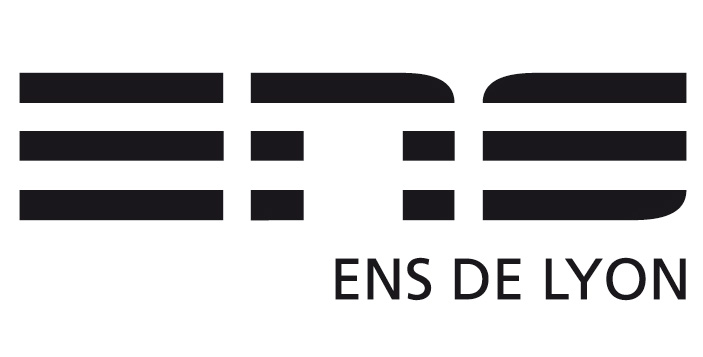Dr. Alejandro FRANCO - CANCELED
| When |
Sep 19, 2019 à 02:00 PM |
|---|---|
| Where |
Salle André Collet |
| Contact |
David Loffreda |
Multiscale modeling of manufacturing and performance of rechargeable batteries
Multiscale modeling of manufacturing and performance of rechargeable batteries
Alejandro A. Franco,1,2,3,4,*
a Laboratoire de Réactivité et Chimie des Solides (LRCS), CNRS UMR 7314, Université de Picardie Jules Verne, HUB de l’Energie, Rue Baudelocque, 80039 Amiens, France
b Réseau sur le Stockage Electrochimique de l'Energie (RS2E), Fédération de Recherche CNRS 3459, HUB de l’Energie, Rue Baudelocque, 80039 Amiens, France
c ALISTORE-European Research Institute, Fédération de Recherche CNRS 3104, HUB de l’Energie, Rue Baudelocque, 80039 Amiens, France
d Institut Universitaire de France, 103 Boulevard Saint-Michel, 75005 Paris, France
*alejandro.franco@u-picardie.fr
After decades of research and more than twenty years of market development, Lithium Ion Batteries (LIBs) have contributed to the commercial success of portable electronics and constitute nowadays the most used battery type in modern Electric Vehicles (EV). However, regarding EV applications, LIBs have reached a point where optimization of their electrode mesostructure is vital to decrease their cost and to achieve even higher gravimetric and volumetric energy densities. The porous electrode mesostructure and its associated properties (e.g. porosity, tortuosities, electronic conductivity) strongly depend on the adopted fabrication process and parameters, such as the slurry composition, the solvent evaporation rate and the calendering pressure. Enabling precise control of material arrangement and distribution in the electrodes is of paramount importance for designing the next generation of rechargeable battery electrodes. As a consequence, there is a crucial need of a general theory serving as a guide to electrode fabrication for the optimization of their mesostructure.
My presentation is organized in three parts:
- First, I discuss our efforts at developing a multiscale computational platform aiming at predicting the link between fabrication parameters and electrochemical performance of lithium ion battery cells. The practical implications of such a platform towards the fabrication process optimization and the integration of new battery chemistries are discussed;
- Secondly, I discuss extensions of these modeling efforts for the simulation of porous electrodes in next generation batteries, such as lithium sulfur and lithium air batteries.
- Finally, the interest of using Virtual Reality to explore in an immersive and interactive way data and electrode mesostructures arising from the simulations is discussed, on the basis of both research and teaching activities being carried out by us at Université de Picardie Jules Verne.
References
- ERC Consolidator Project ARTISTIC (Advanced and Reusable Theory for the In Silico-optimization of composite electrode fabrication processes for rechargeable battery Technologies with Innovative Chemistries), grant #772873 (https://www.u-picardie.fr/erc-artistic/).
- Franco, A.A., Rucci, A.A., Brandell, D., Frayret, C., Gaberscek, M., Jankowski, P., Johansson, P., “Boosting Rechargeable Batteries R&D by Multiscale Modeling: Myth or Reality?”, Chemical Reviews, accepted, in press (2019).
- Ngandjong, A.C., Rucci, A., Maiza M., Shukla, G., Vazquez-Arenas J., Franco, A.A., J. Phys. Chem. Lett., 8 (23) (2017) 5966.
- Yin, Y., Torayev, A., Gaya, C., Mammeri, Y., & Franco, A. A., J. Phys. Chem. C, 121(36) (2017) 19577.
- Thangavel, V., Xue, K. H., Mammeri, Y., Quiroga, M., Mastouri, A., Guéry, C., Johansson, P., Morcrette, M. & Franco, A. A., J. Electrochem. Soc., 163 (13) (2016) A2817.



